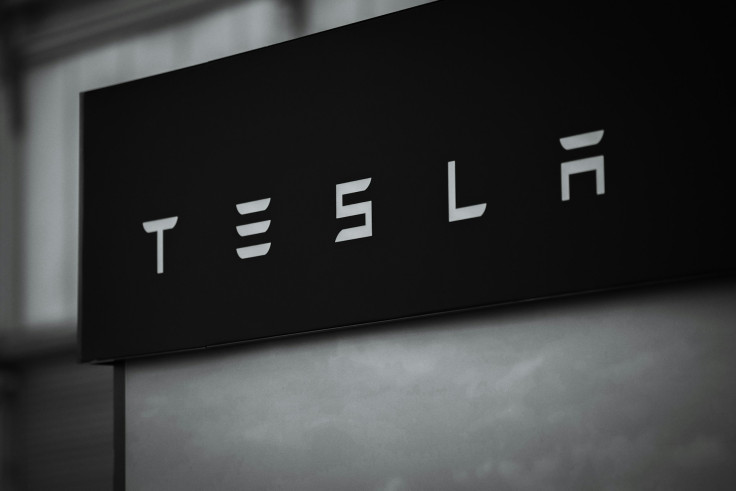Is Tesla Hiding a Bizarre Theory Behind Apple CarPlay? Fans Link Surprise Move to EV Tax Credit
Tesla's move to add Apple CarPlay fuels fan theories linking it to the loss of the US EV tax credit.

Some Tesla fans now believe the company's sudden embrace of Apple CarPlay may be less about convenience and more about mitigating the impact of losing the US federal EV tax credit.
Tesla's Unexpected Turn Toward CarPlay
Tesla has famously resisted Apple CarPlay for years, insisting that its in-house interface is superior. Yet recent reporting reveals a major shift.
Bloomberg first reported that Tesla is developing support for Apple CarPlay, a claim corroborated in a detailed breakdown by Reuters.
Reuters explains that the integration would not replace Tesla's own system but may operate within a controlled window on the display.
For a company long committed to end-to-end software control, this shift has generated intense discussion.
The Theory Linking CarPlay to the EV Tax Credit Loss
Among Tesla owners, a striking theory has taken hold: the company may be introducing Apple CarPlay as a strategic response to losing the US$7,500 federal EV tax credit.
A report from Teslarati summarises the speculation, stating that fans floated the idea that Tesla could be using CarPlay as a counter to losing the EV tax credit and as a way to appeal to new buyers who prefer vehicles equipped with Apple's ecosystem.
The outlet also mentions that Tesla recently introduced several incentives to maintain stable demand as the credit was winding down, making the timing of the CarPlay development even more intriguing.
Why the Theory Has Gained Traction
The theory has momentum because the federal EV tax credit has been a massive driver of EV adoption. Its removal has a real impact on affordability.
An explainer by NerdWallet breaks down how the credit worked and why losing it affects consumers directly.
Separately, Fox Business reported that the end of the tax credit could result in a noticeable slowdown in EV sales across the US, reinforcing concerns about buyer hesitation.
With this backdrop, Tesla's possible adoption of CarPlay lands at an interesting moment. The feature is widely considered essential by many mainstream drivers, offering Tesla a visible, high-demand feature at a time when government incentives no longer make its vehicles as financially appealing.
Why Tesla May Still Be Hesitant
Despite the speculation, Tesla hasn't confirmed any strategic link between CarPlay and the tax credit loss.
Many long-time owners insist that the company has little incentive to relinquish interface control, especially since Tesla's UI remains one of the most advanced in the EV market.
Introducing CarPlay could risk diluting the brand's carefully curated software identity. Even if CarPlay runs in a limited window—as suggested by Reuters—the philosophical shift is substantial.
What This Means for Buyers
If Tesla fully integrates CarPlay, it could reshape how new buyers view the brand.
Drivers who previously dismissed Tesla due to the absence of CarPlay may reconsider, especially now that the loss of the tax credit raises overall costs.
For Tesla, this turning point suggests a broader strategic recalibration.
As government incentives fade, the company appears more willing to align with mainstream consumer preferences rather than relying solely on distinctive software design.
What Tesla's CarPlay Move Means for the Market
Whether Tesla's shift toward CarPlay is a deliberate response to the loss of the EV tax credit or simply a long-delayed nod to consumer demand, the timing is impossible to ignore.
As Tesla navigates a post-incentive landscape, its embrace of CarPlay signals a new era—one where even long-resisted features become part of a wider effort to keep buyers engaged.
© Copyright IBTimes 2025. All rights reserved.




















